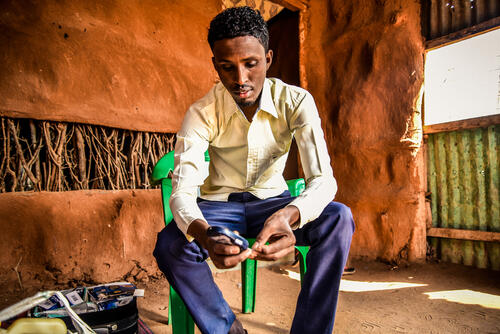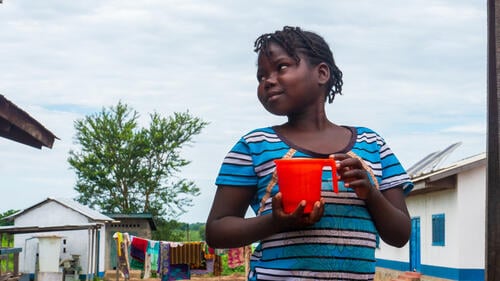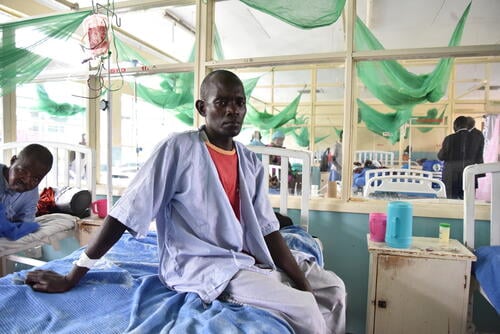Seeking to explore ways to improve diabetes care in resource-poor settings, a joint study by Médecins Sans Frontières (MSF) and University of Geneva, published in the journal PLOS ONE, has demonstrated that a range of insulins can be stored at temperatures ranging between 25-37 degrees Celsius for a four-week period of use. This study confirms the possibility for people living with diabetes in similar temperature conditions to be able to use insulin, for a period of up to four weeks, even in the absence of access to refrigeration.
Strict storage recommendations for insulin are difficult to follow in tropical regions and even more challenging in conflict and humanitarian emergency settings, adding an extra burden for people managing their diabetes.
“For far too long, we were unable to send people with diabetes back to their homes with insulin due to its cold storage requirements,” says Dr Philippa Boulle, MSF non-communicable diseases adviser. “Some of these people were travelling long distances daily and some even relocated to get their insulin injections at the clinic.”
“People with diabetes in resource-limited and humanitarian settings will now be able to inject themselves in their homes, greatly improving the significant disruption to their lives from having to attend hospital for twice-daily injections,” Dr Boulle adds.

Diabetes is a chronic, progressive disease that can be controlled with effective treatment. However, in many countries, people living with diabetes are not getting the treatment they need to stay healthy and alive. It is a shameful fact that only about half of people who require insulin have access to it. Barriers to accessing insulin are largely due to high prices, challenging storage requirements and complex treatment protocols.
Storage recommendations for insulin require refrigeration until its expiry date, or until it is opened for use. Once in use, the storage recommendations on the label of most human insulins are below 25 degrees Celsius for 42 days. In many settings, this results in people being asked to travel to the health clinic for injections and monitoring, at least twice a day, for life.
MSF works in over 70 countries worldwide and in most of these settings, insulin is often not available in public health facilities or private pharmacies. MSF provides treatment and care for diabetes in multiple projects across a number of countries (including Jordan, Lebanon, Iraq, Syria, South Sudan, Democratic Republic of Congo, Tanzania, Kenya, Zimbabwe, and Bangladesh), to people living in resource-limited and humanitarian settings.






